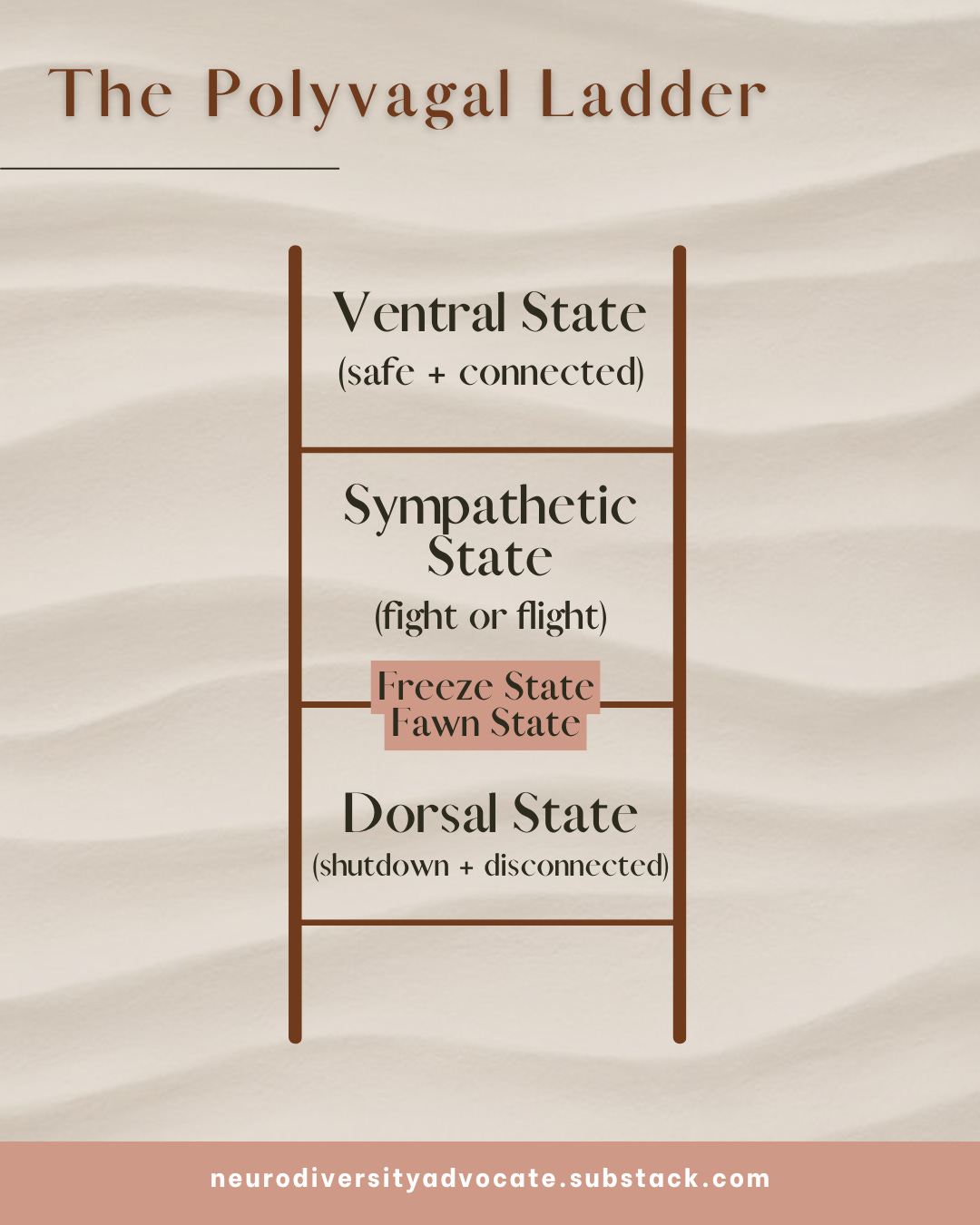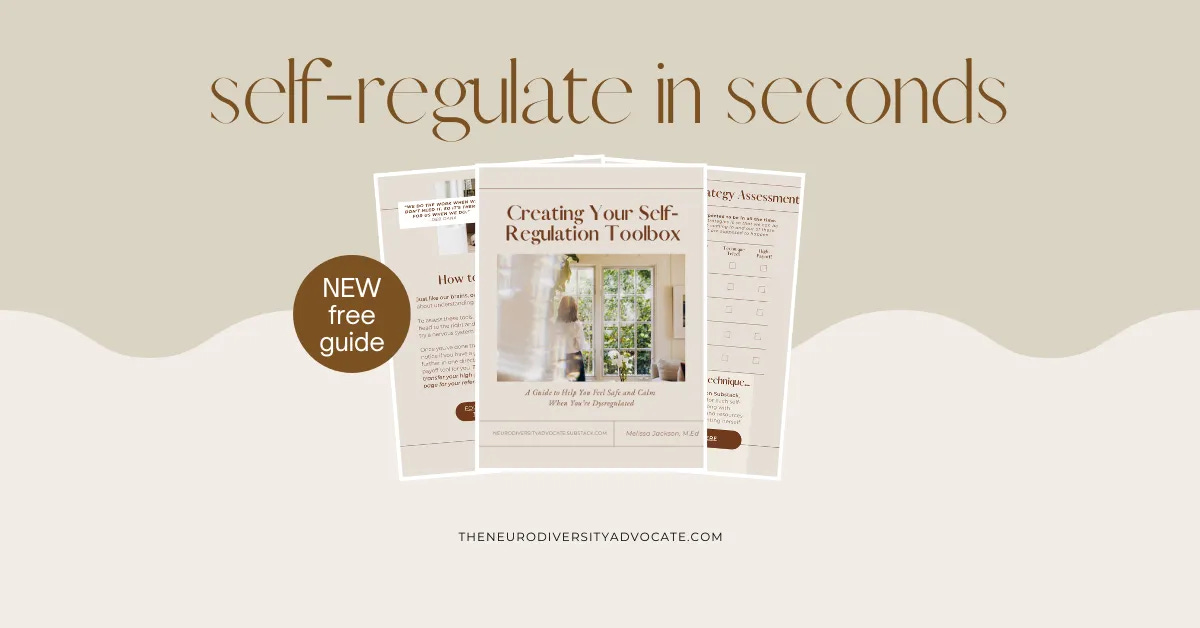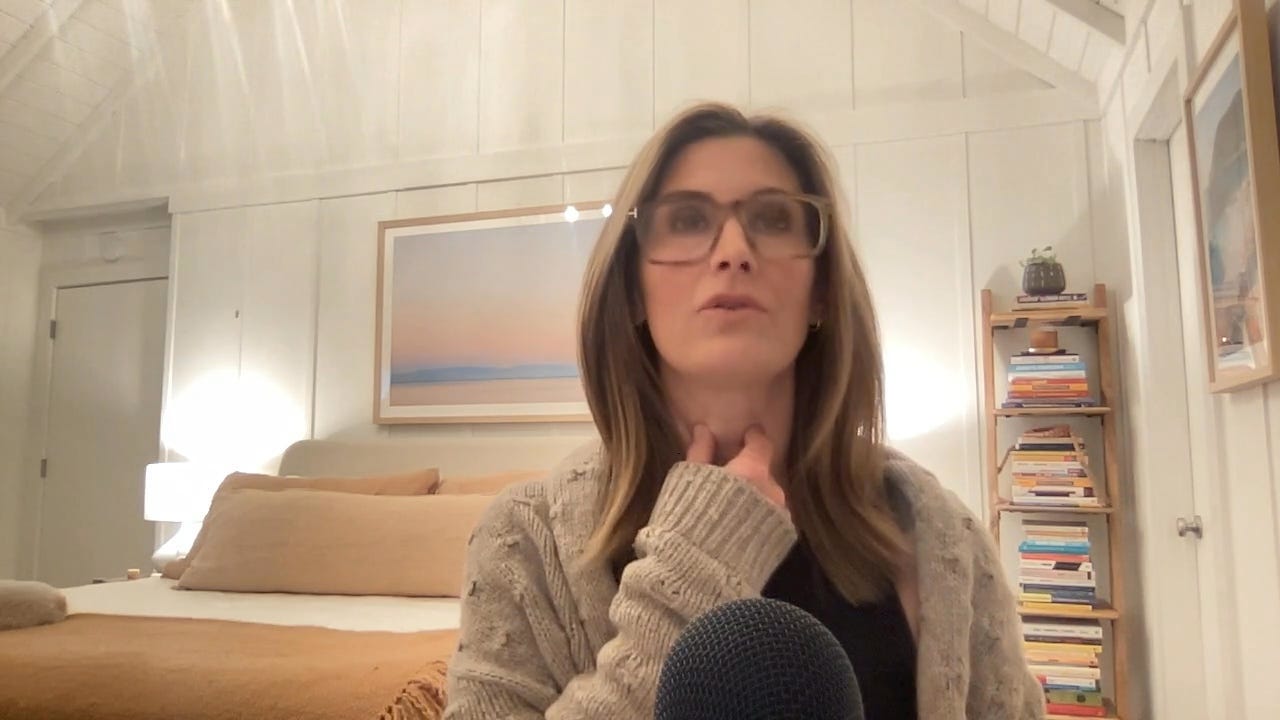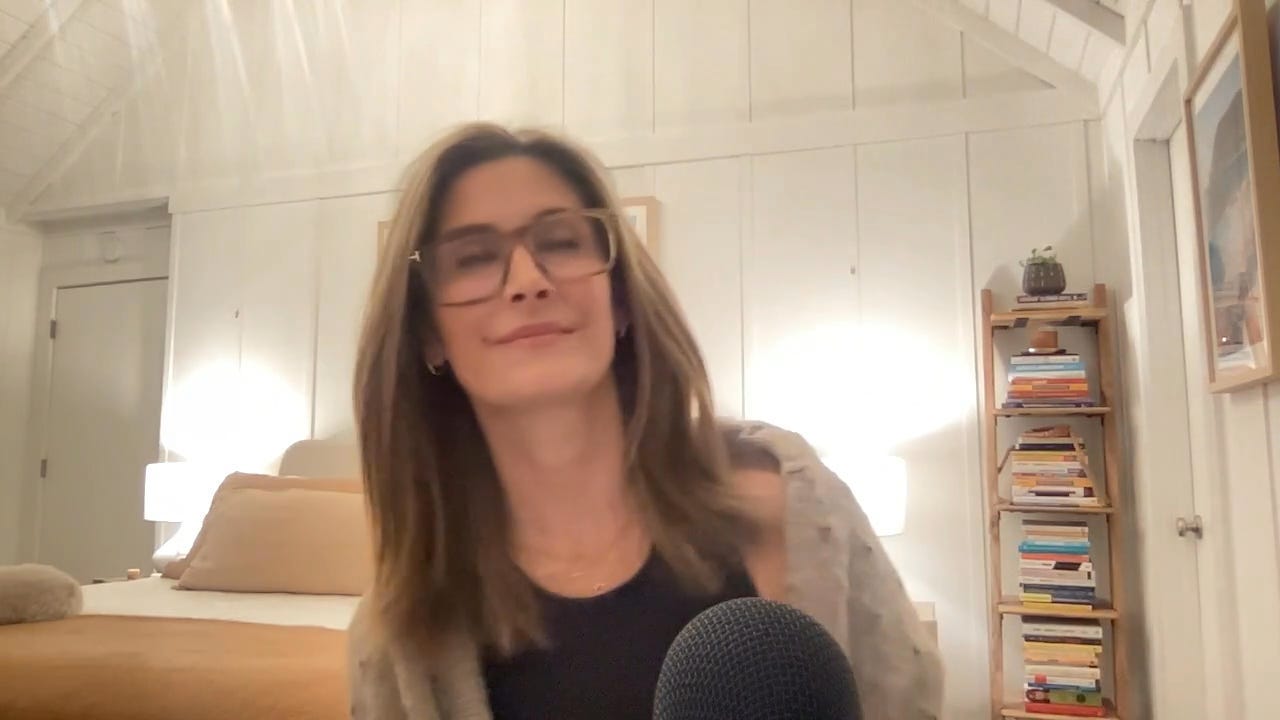Hey guys.
I've spoken to quite a bit lately about intellectualizing my feelings as opposed to actually feeling them.
Even though I consider myself pretty in touch with my emotions. I'm sensitive and I feel deeply, there's still this disconnect between my mind and body.
And the more I've been leaning into this nervous system healing work, the more I'm becoming aware of the different states that I've been in. Not just throughout my day, but in whole periods of my life, where I've been predominantly in one state.
There are 1 of 3 states your nervous system could be in
For those of you who aren't familiar with the nervous system ladder.
At the top is the Ventral Vagal or Connected State.
This is where we’re happy, restful, hopeful, creative, social, present, at peace and things are going really good.
Then there’s the Sympathetic or Fight or Flight State.
This is where we can feel anxious, nervous, and irritable with an increased heart rate.
Lastly there’s the Dorsal Vagal or Freeze State.
This is is where we feel disconnected, shutdown, numb, immobilized, and procrastinating.
The more I've been consciously aware of these states the more I’ve been looking back and recognizing periods of time where I've been predominantly in one.
Especially functional freeze during pockets of more traumatic periods of my life.
If you’re stuck in functional freeze…
I'm curious if you’ve found yourself in this freeze state too?
Feeling dissociated, on autopilot where your body is there going through the motions, you're still doing all the things, holding your job, taking the kids to and from school, cooking dinner, doing the laundry, but where your mind is not there.
Like I've said before: “Overthinking is an under feeling problem.”
Finding self-compassion through understanding these states
Understanding these states has really been a reframe for me.
I've felt a lot of shame around procrastination or lack of feeling in my life.
But now I can look back and be like, oh, I was clearly in this functional freeze state because of the events that were going on in my life.
Unfortunately, in the moment I had trouble finding the self-compassion for it all. It's hard when we have that inner self critic.
It can be easy to be think it's because I'm lazy or not organized, or not driven or unmotivated.
But that’s not what procrastination really is. Procrastination is just overwhelm in our nervous system. And often this happens because our nervous system is overwhelmed by the intense energy of fight or flight. And then it can lead to this feeling of exhaustion, fogginess and feeling like you want to retreat, isolate and disconnect.
It's a space I'm very aware of personally and one that I had a hard time getting out of for awhile.
This isn't a bad thing.
We're not doing something wrong.
We can hold so much shame that we're doing something wrong if we're dysregulated or we're in any other state besides ventral.
And it's just not true.
Our body is literally protecting us. It's trying to keep us safe. And so I feel like:
The softer, we can be.
The more curious we can become about these different states.
The more educated we can become about what our body needs when we're in these different states of the nervous system.
To bring ourselves out of fight or flight or functional freeze which can look like anxiety or people pleasing or overwhelm.
In order to bring ourselves out of these states, we need to know the types of tools that our nervous system is going to respond to.
6 Self-Regulation Strategies to Move Out of Functional Freeze
So today I want to drop in some of my favorite go tos to bring our bodies out of shut down, out of dissociation, out of feeling numb and into a more regulated, connected place.
Our nervous systems are at the root of the lives that we create.
Because our nervous systems ultimately drive our emotions.
And our emotions are driving our thoughts and beliefs.
And our thoughts and beliefs are driving our actions.
Which drives the life that we're living.
So when we can befriend our nervous system and start to better understand these different states that we're coming in and out of, and have the tools that specifically support the place that we're in, it's empowering.
We can begin to not only be softer and more compassionate with ourselves, but we can also begin to shift into feeling our feelings, releasing, healing and creating the lives that we want to be living.
Before you get started- make sure to do your assessment tool and then mark down which techniques work for you:
The 5, 4, 3, 2, 1 Technique
The first one we're going to start with is called 5, 4, 3, 2, 1. This is an orientating practice that helps us to ground into our space and get back in our body.
The first thing you're going to do is look for 5 things you see in the room.
Then you're going to notice 4 things that you hear.
Then you're going to notice 3 things that you can smell. (And you might have to grab this like a candle or your tea.)
Then you're going to find 2 things that you can touch.
And then one thing that you can taste.
EFT Tapping
Another way we can help our bodies move back into feeling calm and safe when we need it, is by using the Emotional Freedom Technique (EFT) aka tapping. By tapping on acupressure points in a specific order, while reciting affirming phrases- we can move our body out of dysregulation and back to center.
The Temperature Change Technique
The next thing we can do is change your temperature, whether that’s hotter or colder.
So if you're inside an air conditioned home, maybe you step outside where the sun is shining and feel some heat on your skin.
Or maybe you open a freezer and let the cold air hit your face.
There's lots of nerve points on our faces which connect to the vagus nerve. So anything we can do to put pressure or cold or heat on our face will support us in feeling more grounded and regulated.
The Voo Sound Technique
Another one I love is called the “Voo” sound. This is where we're activating the vagus nerve, which runs also along our throat, by making this low vibrational sound.
You're going to try to feel all the way into your belly, if you can.
The Tragus Pull Technique
We can always do the tragus pull because there's so many vagal nerves in the ear. The tragus is that inner part of your ear where you might push down if you didn't want to hear something loud. Gently gripping, pulling on the tragus, pulling it outward and tilting it forwards while breathing is another great one when we're feeling dissociated shut down.
The Rocking Technique
And then lastly, I love rocking. Naturally we do this for babies, right? And we have rocking chairs because it's just a natural, soothing way to regulate our nervous system.
So you can do this standing anywhere.
You could also sit on the ground and roll up like a ball and roll backwards and forwards on the floor.
Just find a way that feels most natural and comfortable to you.
But rocking your body is a wonderful way to get back into your body.
After any of these, make sure to take those integrating breaths. And notice, how do you feel in your body?
You could also do your assessment tool to see if you have a greater range of motion and to determine if any of these are a high-payoff for you.
If you're feeling overwhelmed, disassociated, and struggling with procrastination in that functional freeze state, then these are specific tools that are going to support you in getting back into your body. Helping you feel more present, connected and regulated.


























Share this post